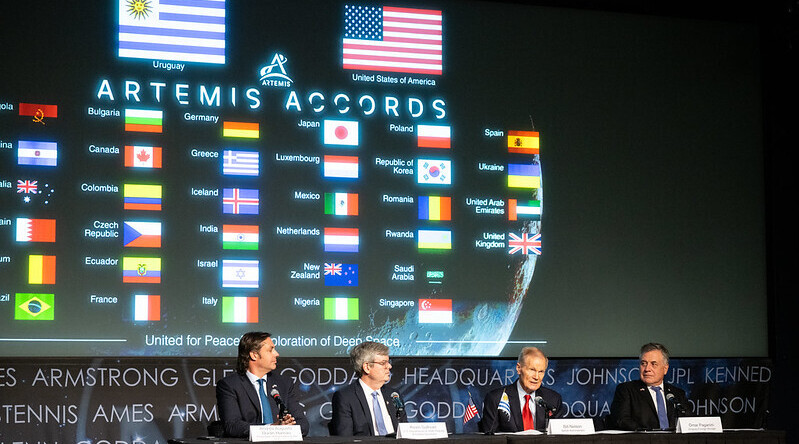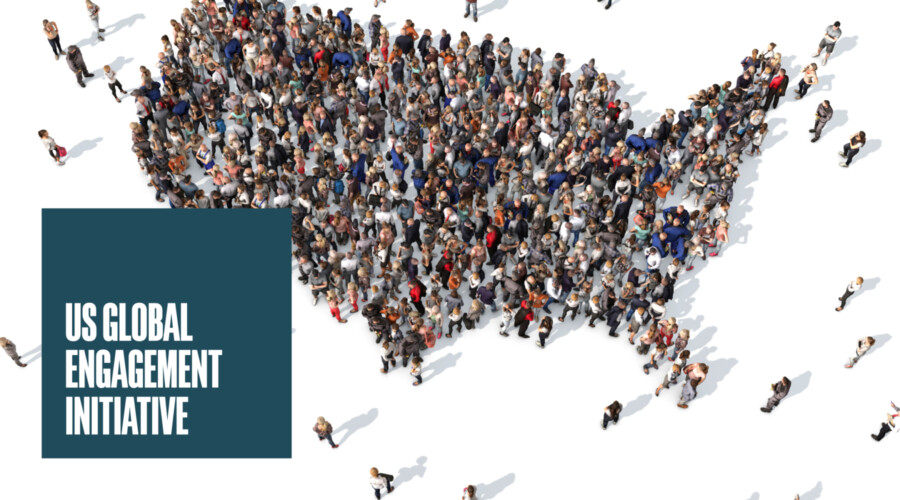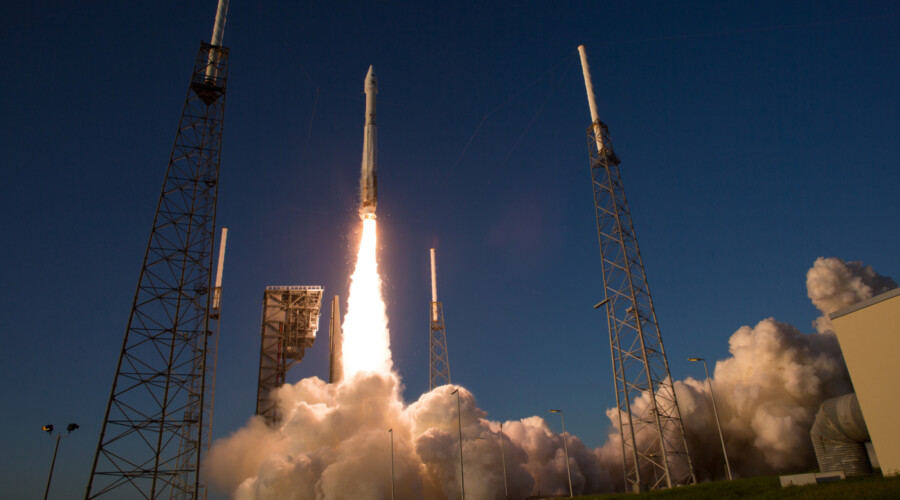What does it mean precisely when German Foreign Minister Annalena Baerbock says that the Euro-Atlantic community finds itself at "war” with Russia in Ukraine? What does war mean in an international environment where war itself is technically illegal as an instrument of policy? And how are such conflicts to be regulated and policed?
The Kellogg-Briand Pact, followed by the Charter of the United Nations, commits its signatories to renounce the use or threat of use of war as an instrument of policy. However, per Article 51 of the Charter, states retain the right to use military force for individual and collective "self-defense" and can be authorized to take armed action (at the direction of the UN Security Council, or under a mandate from a regional organization to deal with threats to peace and security).
Technically, the United States has not been at war since the last formal declaration (against Bulgaria in 1942), yet has engaged in armed conflicts around the world since that time. Canadian legal scholar Michael Byers identifies the four legal rationales for U.S. military action—authorization by a global or regional international body (as in Korea or Grenada) or on the basis of pre-existing resolutions (as in Iraq in 2003); by claiming a right to act in self-defense; at the invitation of another state exercising its sovereign rights; or on the basis of a humanitarian right to protect. Interestingly, in starting what it terms a "special military operation," the Russian government attempted to invoke several of these rationale—a defense of the separatist regions of southeastern Ukraine; recognizing these regions as independent states with a right to request military help; trying to argue that the government of Ukraine posed a threat to regional peace and security. In turn, the United States and its allies have exercised their rights to aid Ukraine in its self-defense of its internationally recognized borders by providing a steady stream of military equipment and intelligence to the Ukrainian armed forces in an effort to prevent the forcible overthrow of the Ukrainian government and to assist it in regaining control over its territory.
While the Russian government protests the provision of military equipment, training, intelligence support, and financial assistance by the United States and its partners, which both strengthens Ukraine’s capacity to resist Russian pressure and also indirectly leads to Russian casualties and losses on the battlefield, Moscow reluctantly accepts that these interventions do not rise to a causus belli with the West, because of the Article 51 provisions for self-defense. At the same time, however, the providers of that assistance recognize that once equipment and personnel are on Ukrainian territory, they are subject to being targeted in the combat zone. So, while countries like Poland, Lithuania, or Romania are free to organize shipments of aid without the risk of overt Russian strikes, their sovereign right to undertake this activity on their own territory does not carry over onto Ukrainian territory. Nor, as we have seen, does the death of citizens of NATO countries who have chosen to volunteer or join Ukrainian forces trigger a Western response.
The presence of nuclear weapons, of course, imposes a degree of caution on escalation. Both Russia, as well as the United States (and the United Kingdom and France) retain nuclear capabilities and the options of using such weapons (under circumstances all of them have defined in their national security strategies). The nuclear dimension works to arbitrarily limit the scope and range of the conflict zone. As observed in the Korean War, neither the United States and its United Nations allies, nor the Soviet Union and the Chinese, struck staging positions and depots (in Japan, or on Soviet or Chinese territory) despite the military logic of trying to interdict an opponent's supply lines—in order to quite deliberately keep the conflict confined to the geographic space of the Korean peninsula. In later conflicts (in Vietnam or Afghanistan, for instance), the zone for active combat operations was also similarly limited to specific territory, in part to avoid the risk of escalation.
And even though we might describe the Russian invasion of Ukraine (and the Western response to aid Ukraine) as a war, it also displays other oddities. Even with sanctions, a considerable degree of Western-Russian trade continues, sometimes via fig-leaf transactions via third parties (Western electronics via Turkey, Russian energy via India). Russia continues to send natural gas to European consumers who pay Russian firms—who in turn pay taxes to fund the invasion but also pay transit fees to Ukraine for Russian gas that crosses Ukrainian territory.
But as the invasion continues, and as Western aid to Ukraine increases, can escalatory pressures be managed? The transfer of German Leopard and American M1 Abrams tanks represents a new level of involvement, especially if Ukraine also needs the loan of Western experts to help with training and maintenance. Behind the question of tanks also lies the question of whether U.S. and European aircraft (to provide necessary air cover for a ground force) will now be on the agenda as well. And what risks will Russia take to try and stop this aid from getting to Ukraine?
俄罗斯入侵乌克兰
重要的伦理原则
Carnegie Council 国际事务伦理委员会是一个独立的、无党派的非营利组织。本文所表达的观点仅代表作者本人,并不一定反映Carnegie Council 的立场。






